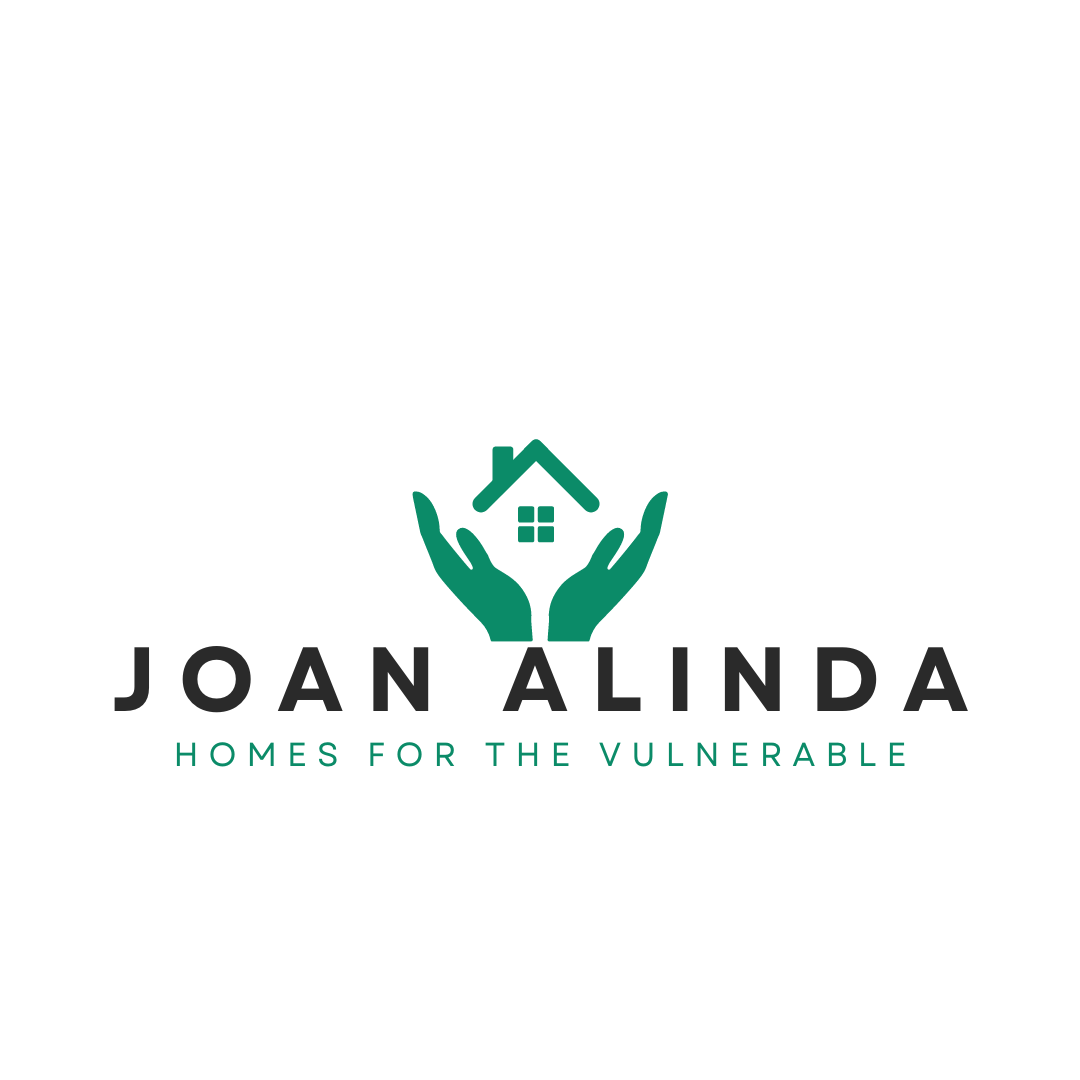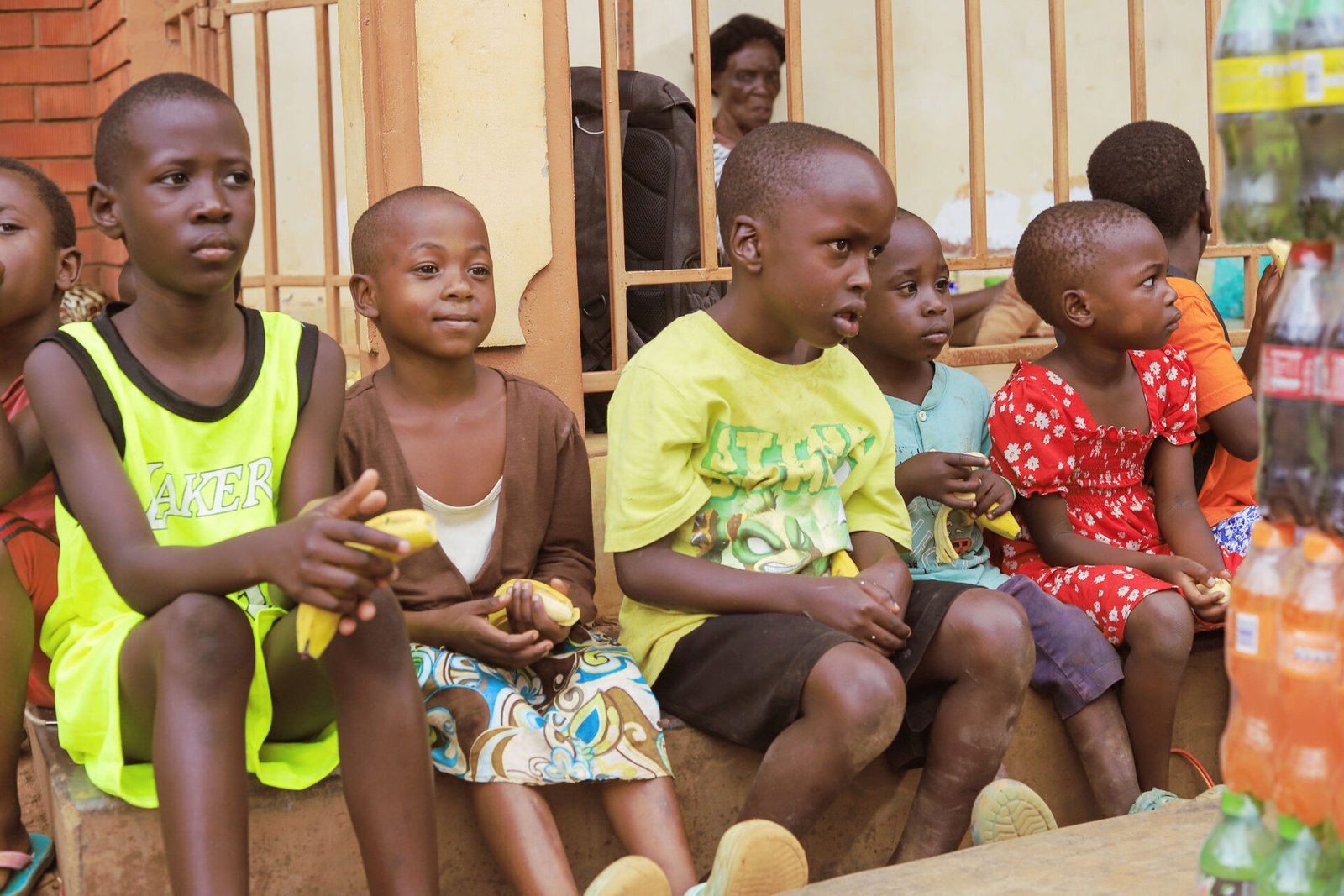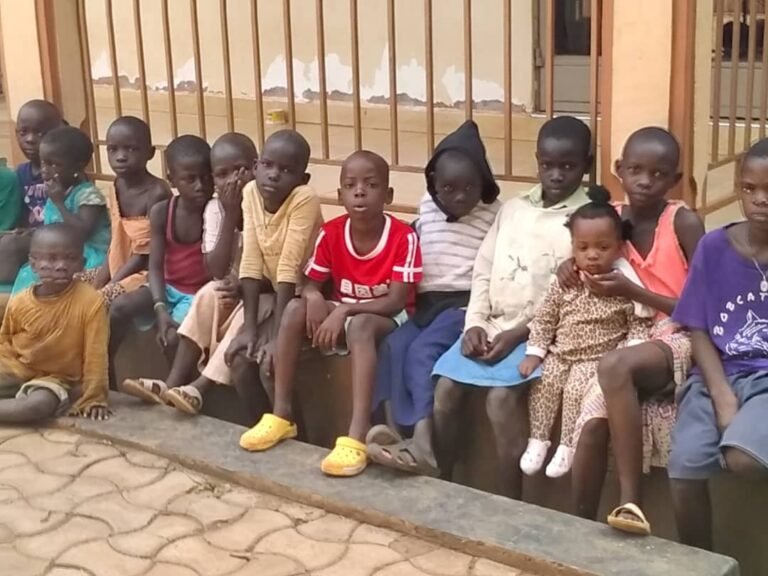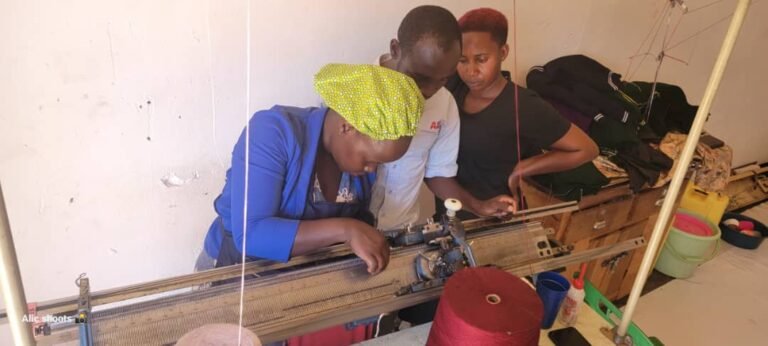4 Ways to Empower Ugandan Communities for a Brighter Future
Empowering communities in rural areas goes beyond giving handouts; it’s about creating sustainable change that allows individuals to build better lives for themselves and their families. Many Ugandan communities face challenges such as limited education opportunities, unemployment, lack of healthcare access, and gender inequality. But real transformation happens when people are equipped with skills, resources, and support systems that help them thrive.
Whether it’s through education, business opportunities, mentorship, or social support, everyone can play a role in uplifting Ugandan communities. Here are four impactful ways you can contribute to real and lasting change.
1. Invest in Skills & Education for a Stronger Workforce
One of the most powerful ways to transform Uganda is by investing in education and skills training. Many young people complete formal education but struggle to find jobs because they lack employable skills. Others drop out due to school fees or responsibilities at home, making it difficult to escape poverty.
Why this Matters
🔹 High unemployment rates: Many young people in Uganda remain jobless, not because they are unwilling to work, but because they lack skills that match the job market.
🔹 Limited access to vocational training: Schools focus on academics, but practical skills like carpentry, tailoring, welding, and mechanics can provide immediate employment.
🔹 Women are often left behind: Many girls drop out of school due to early pregnancy or lack of school fees, leaving them vulnerable to poverty and dependence.
How You Can Make a Difference
✅ Support vocational training: Encourage young people to join technical institutes where they can learn practical skills like baking, plumbing, hairdressing, and ICT. Organizations and individuals can also sponsor training programs to equip more youth with these skills.
✅ Promote business and financial literacy: Many Ugandans start businesses but struggle to sustain them due to poor financial management. Teaching budgeting, saving, and investment skills helps people manage their income wisely.
✅ Mentor young People: Many youth in Uganda lack guidance on career paths and opportunities. By sharing knowledge and experiences, professionals can help shape the next generation of leaders and entrepreneurs.
A boda boda rider in Kampala who learns motorcycle repair skills can earn more income by servicing bikes, not just riding them. A single mother in Jinja who learns tailoring can start a business and support her children’s education.
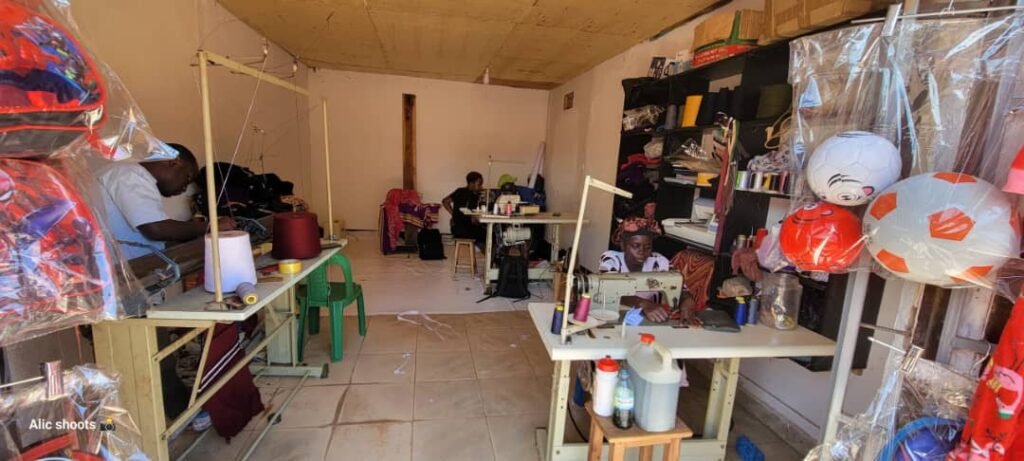
2. Improve Access to Basic Needs and Healthcare
Many rural Ugandan communities struggle to meet basic needs, including food, healthcare, clean water, and education. When people don’t have these essentials, they focus on survival instead of growth.
Why this Matters
🔹 Malnutrition is common: Many children in remote areas and city suburbs, especially in Karamoja and rural areas, suffer from malnutrition due to food insecurity.
🔹 Limited healthcare access: In villages, people travel long distances to get medical attention. Pregnant mothers, in particular, face high risks during childbirth due to poor maternal healthcare services.
🔹 Waterborne diseases are rampant: Many rural communities lack clean water, forcing people to fetch water from swamps and streams, leading to cholera and typhoid outbreaks.
How You Can Make a Difference
✅ Support community health programs: Encouraging health awareness and supporting medical outreach programs can save lives. Many organizations provide free immunization, maternity care, and treatment for malaria and HIV/AIDS.
✅ Promote food security: Teaching modern farming methods, supporting community gardens, and donating food to vulnerable families reduce hunger and malnutrition.
✅ Ensure access to clean water: Organizations and well-wishers can help communities by building boreholes, rainwater collection tanks, and advocating for water sanitation projects.
Imagine a family in Luweero with access to a clean borehole no longer suffers from typhoid. A child in Mbale who gets a nutritious meal at school can focus on their studies instead of worrying about hunger.
3. Strengthen Emotional and Social Support Systems
Many communities lack safe spaces where people can receive emotional and psychological support. Issues like domestic violence, child neglect, and mental health struggles are often ignored, yet they significantly affect individuals and families.

Why this Matters
🔹 Mental health is rarely discussed: Many Ugandans silently suffer from depression and trauma, but stigma prevents them from seeking help.
🔹 Domestic violence is widespread: Many women and children face abuse at home, but cultural beliefs discourage reporting it.
🔹 Lack of mentorship leaves youth vulnerable: Many young people struggle with peer pressure, drug abuse, and teenage pregnancy due to a lack of guidance and mentorship.
How You Can Make a Difference
✅ Support counseling and therapy programs: Encouraging mental health awareness and creating free or affordable counseling services will help individuals overcome trauma and emotional struggles.
✅ Mentor young people and provide guidance: Churches, community groups, and individuals can create mentorship programs for youth, teaching them life skills, career planning, and responsible decision-making.
✅ Create safe spaces for women and children: Women’s empowerment groups and child protection programs help reduce abuse and provide support for victims.
A teenage girl in Masaka who joins a mentorship program can avoid teenage pregnancy and stay in school. A man in Gulu who gets access to mental health support can rebuild his confidence and find work.
4. Take Action and Advocate for Change
No matter how small, every effort counts. Many positive changes in Uganda have happened because individuals, organizations, and communities took action. You don’t have to be rich to make a difference; your time, skills, and voice can change lives.
Why this Matters
🔹 Many rural communities feel forgotten: People in remote areas often lack basic services because their voices aren’t heard.
🔹 Corruption affects service delivery: Many public funds meant for schools, hospitals, and roads are misused, leaving communities struggling.
🔹 More awareness leads to faster solutions: When more people speak up, the government and organizations respond quicker.
How You Can Make a Difference
✅ Volunteer your time and skills: Whether it’s teaching, mentoring, providing medical services, or supporting a community project, your skills can change lives.
✅ Raise awareness on social media and in your community: Talk about issues affecting your community. When more people know, more help comes.
✅ Support local initiatives: There are many organizations doing great work in Uganda. You can support them through donations, partnerships, or volunteering.
Imagine if a youth group in Mbarara starts a campaign for better roads and school facilities, and the government responds. A team of volunteers in Mukono organizes a fundraiser to build a maternity clinic, helping pregnant mothers access safe childbirth services.
Be Part of Uganda’s Transformation
Empowering Ugandan communities is a collective effort. Whether it’s through education, healthcare, emotional support, or advocacy, we can all play a role in building a better Uganda.
True empowerment happens when we lift others up, creating a ripple effect of positive change.
Learn more: https://joanalindahomes.org/skills-hub/

